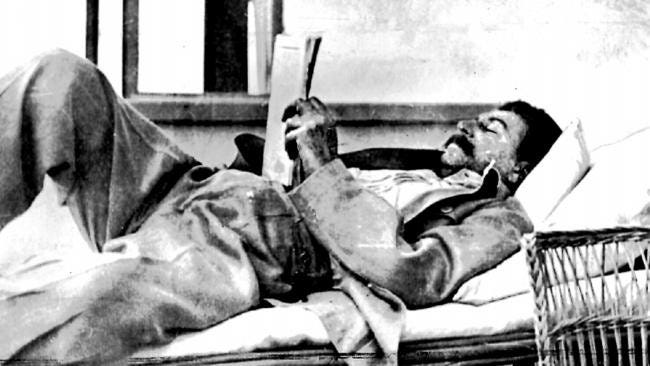Panic at the Dacha: How Stalin Hastened His Death by Excessive Security Due to His Fear of Being Assassinated.
The 7 key moments of Stalin's last days.
In an exceptional book, “The Last Days of Stalin”, that retraces the last days of Joseph Stalin, Joshua Rubenstein tells of the great embarrassment that seized the guards, doctors, and members of his first circle. A fear to act that precipitated his death.
Overview of this book, which I invite you to read, in 7 key moments of the last days of the one who…
Keep reading with a 7-day free trial
Subscribe to Sylvain Saurel’s Newsletter to keep reading this post and get 7 days of free access to the full post archives.




